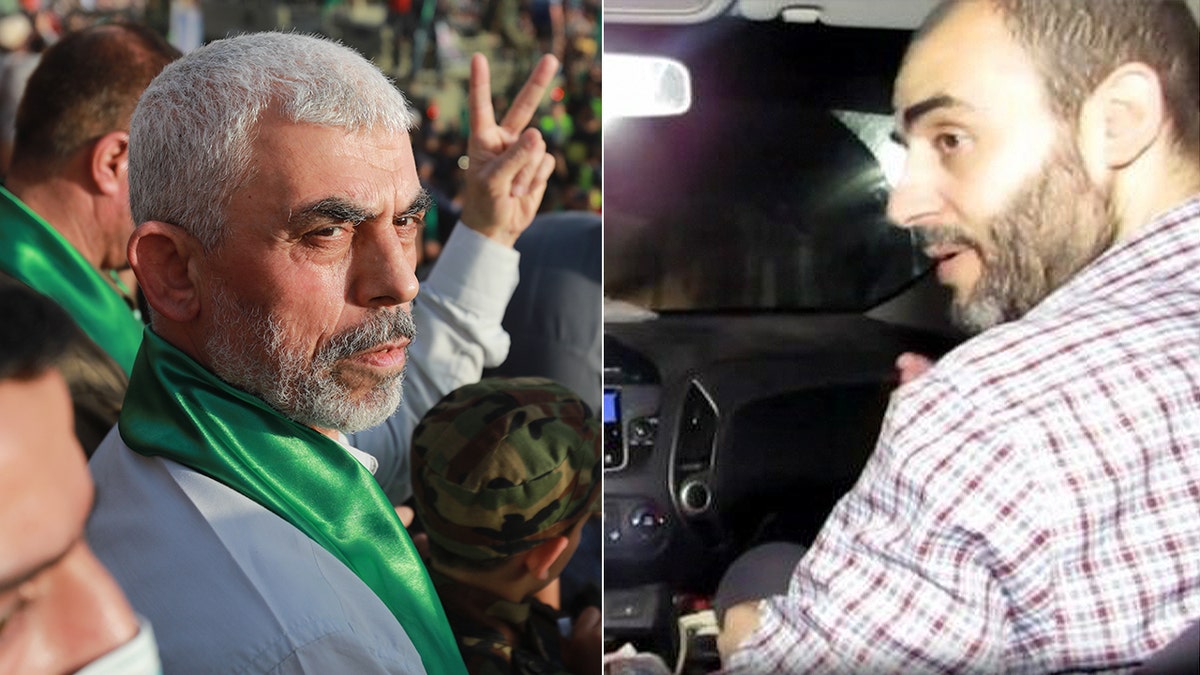Three hostages have been reunited with their families in southern Israel after undergoing initial medical evaluations by the IDF. This release marks the first phase of a six-week agreement that will see 33 Israeli hostages returned after enduring over 470 days in Hamas captivity in Gaza. However, even after this initial release, a heartbreaking 64 Israeli and American hostages will remain in Gaza, their fates uncertain.
This release comes at a heavy cost. Israel has agreed to release thousands of terrorists and convicted murderers, a decision that carries profound moral implications and raises serious security concerns. The 2002 bombing of the Hebrew University cafeteria, which claimed the life of the author's colleague David Ladowski, serves as a stark reminder of the atrocities committed by some of those being freed. Waa’l Qassam, the mastermind behind that attack, is among those slated for release.

The image above shows former Hamas leader Yahya Sinwar (left) and his brother Mohammed Sinwar (right). Yahya Sinwar, notably, was among the 1,027 terrorists released in the 2011 Gilad Shalit prisoner exchange. He went on to orchestrate the horrific October 7, 2023 massacre, a tragedy that claimed over a thousand lives and devastated the region. This underscores the dangerous precedent of negotiating with terrorist organizations and the potential for released individuals to re-engage in violence.
The contrasting reactions to the hostage release highlight a fundamental difference in values. While Israelis celebrated the return of their citizens, Hamas glorified death, reinforcing the words of former Hezbollah leader Hassan Nasrallah about the opposing views on life and death held by the two sides. The release of these terrorists is not merely a painful reminder of past atrocities; it poses a tangible threat to future security. The October 7 massacre, with its unspeakable acts of violence, serves as a chilling testament to this danger.
The first group of released hostages, Romi Gonen, Emily Damari, and Doron Steinbrecher, have returned after 52 days in captivity. The Israeli Ministry of Health's report details horrific abuses suffered by hostages, including sexual assault against children, torture with hot irons, and mistreatment of the elderly. The experiences of these three individuals, and the others still held captive, including 9-month-old Kfir Bibas, who recently marked his second birthday in captivity, remain largely unknown but undoubtedly carry deep scars. Despite the immense pain and challenges, the resilience of the Israeli people shines through, fueled by a powerful affirmation of life in the face of death.
Comments(0)
Top Comments